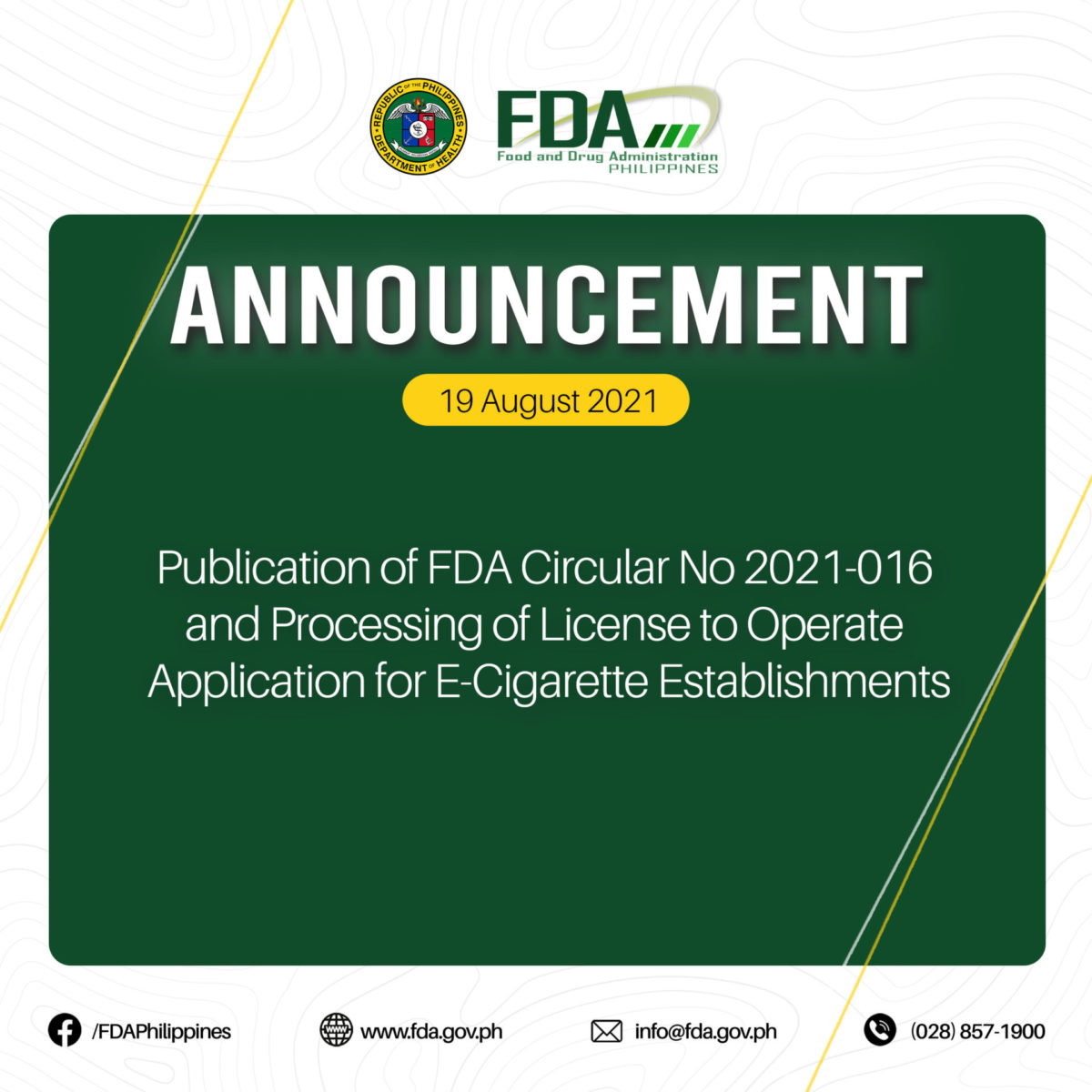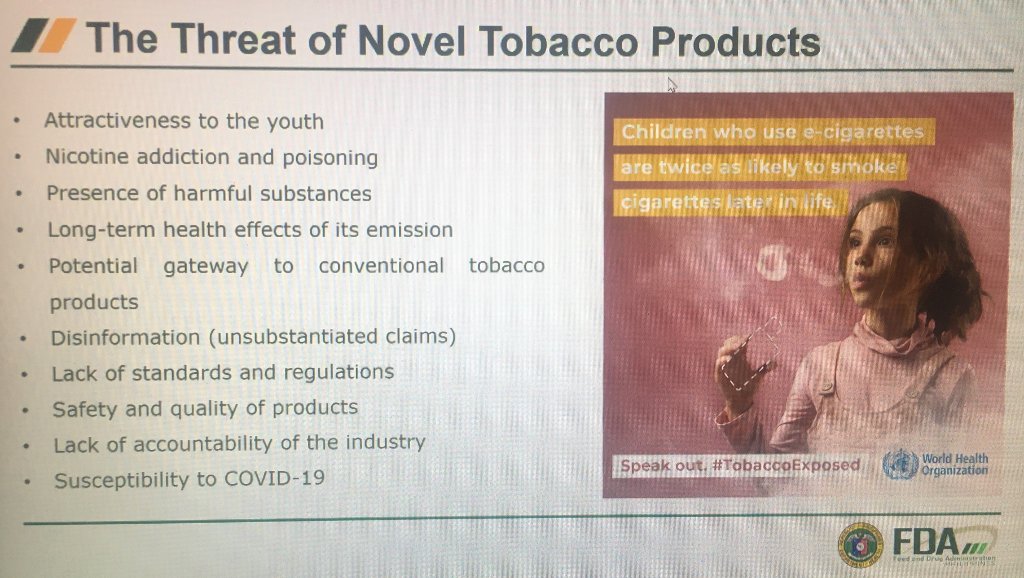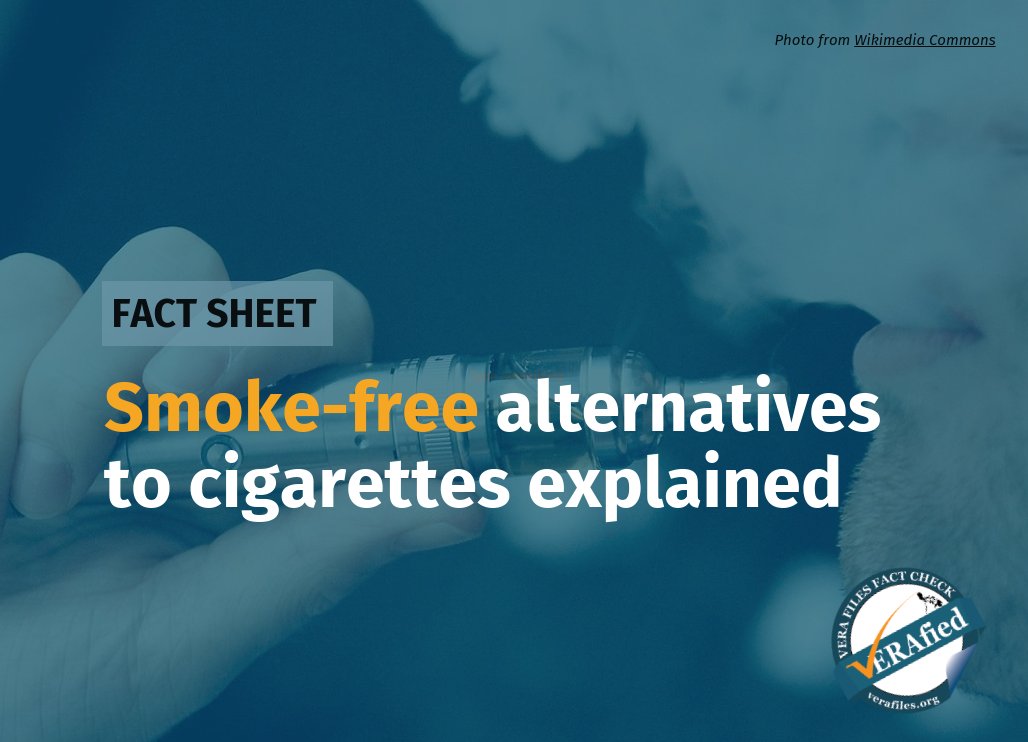A health advocate called on president-elect Ferdinand “Bongbong” Marcos Jr. to prioritize health over his constituents’ interest on the issue of regulating novel tobacco products.
When asked what she expects from the incoming administration regarding the policy regulations on tobacco products, Dr. Maricar Limpin, president of the Philippine College of Physicians, said: “I am hoping that BBM (Bongbong Marcos) will now place more premium on health, as he has to protect all Filipinos being the president of the country and not just his constituents in Ilocos Norte.”
Marcos Jr. hails from the Ilocos Region, a top producer of tobacco in the country.
According to his official website, Marcos Jr. constantly defended “the interests of tobacco farmers against the unreasonable and disproportionate increase in excise taxes on tobacco products” when he was a senator from 2010 to 2016.
The website adds that he opposed “the imposition of unreasonable excise taxes” since it “would destroy the livelihood of tobacco farmers and the tobacco industry as a whole.”
But Limpin expects that Marcos Jr., who served as Ilocos Norte governor from 1998 to 2007, would “remove his persona regionalism” as president of the country.
“We look forward to president BBM to ensure that he protects the young from the evil effects of tobacco and vape use by maintaining [the] age of purchase of e-cigarettes to 21, maintain[ing] regulation of products under [the Food and Drug Administration], and to continue limiting flavors to two (tobacco and menthol),” she said, emphasizing that these restrictions already exist in Republic Act (RA) 11467.
RA 11467 gives FDA the sole authority to “determine and regulate, consistent with evolving medical and scientific studies, the manufacture, importation, sale, packaging, advertising, and distribution” of electronic nicotine and non-nicotine devices (ENDS/ENNDS) and HTPs.
The agency’s mandate includes “banning the sale” of such novel tobacco products to non-smokers or persons aged below 21 years old.
The FDA has started regulating vapes and heated tobacco products (HTPs) following the full implementation of RA 11467 on May 25, after an 18-month transition period for manufacturers, distributors, importers, and sellers of vapor products to comply with its implementing rules and regulations.
Implementing Rules and Regu… by VERA Files
As of May 18, the FDA has issued licenses to operate to at least 250 establishments that sell vapes and HTPs while 400 applications are pending review, according to Ana Rivera, director of the FDA Center for Cosmetic and Household Urban and Hazardous Substances Regulation and Research.
If the pending vape bill is signed into law, however, the FDA would lose its regulatory authority over novel tobacco products. The Department of Trade and Industry (DTI), then, takes over, based on the proposed “Vaporized Nicotine and Non-Nicotine Products Regulation Act.”
(See Vape bill version 2022: Congress ‘hijacks’ stringent regulations)
In January this year, Congress ratified the bicameral conference committee report on the consolidated vape bill that transfers the regulatory authority of vapes and HTPs to the DTI, lowers the age of access to 18 years old, and allows a range of flavors in the market. These provisions, in effect, reverse strict regulatory policies under RA 11467.
To date, the final copy of the bill remains at the House of Representatives and has not been submitted to President Rodrigo Duterte, who has the option to veto or sign it into law, or let it lapse into law after 30 days from submission. Duterte ends his six-year term on June 30.
If the bill is not submitted to Malacañang or vetoed by the president by June 30, it will be back to zero for the next Congress if it wants to pursue it.
In a statement published on June 2, the Philippine College of Chest Physicians (PCCP) said it “supports the vaping ban,” citing reports of vape-associated lung injuries from the United States Centers for Disease Control and Prevention.
It pointed out the “concern that e-cigarettes have the potential to promote smoking among the young” because “they are being marketed in a way similar to regular cigarettes and they also come in candy-like flavors such as chocolates and fruits.”
Limpin highlighted that it is “too early to say” that vaping does not cause harm to human health, “just that we still don’t know everything there is to know about vaping,” during a PCCP forum marking the World No Tobacco Day on May 31.
She added that it is “the same” as tobacco cigarettes when few cases were recorded initially until it became the leading cause of preventable death worldwide.
(View our full coverage at: How the tobacco industry interferes in policy making)




